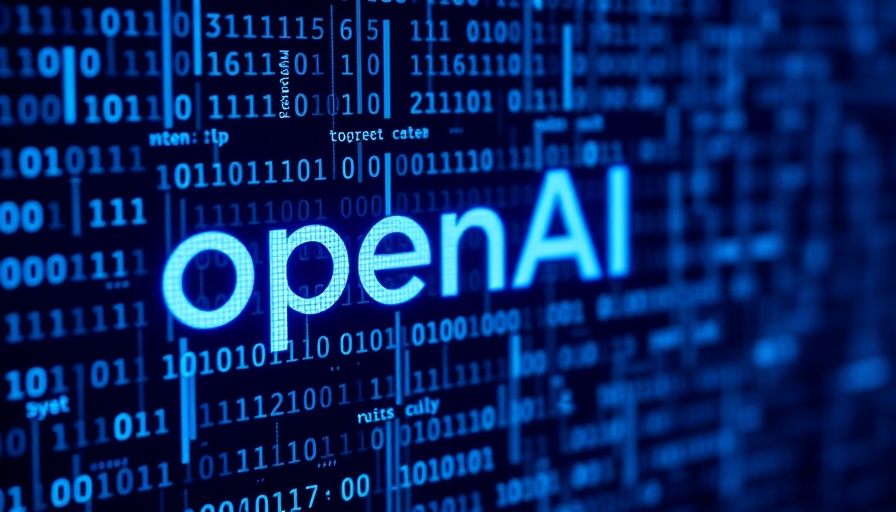
OpenAI's Response to Talent Exodus: Understanding the Market Dynamics
In an era defined by rapid advancements in artificial intelligence (AI), the battle for top talent has intensified significantly. Recent reports indicate that Meta has successfully recruited a handful of senior researchers from OpenAI, prompting reactions from the latter's leadership regarding compensation and talent retention strategies.
The Impact of Competitive Hiring Strategies
As reported on June 29, 2025, OpenAI’s Chief Research Officer Mark Chen expressed deep concern over Meta's aggressive talent acquisition tactic, likening it to a violation of their intellectual territory. The loss of eight researchers to Meta represents a critical blow, sparking discussions around the competitive landscape in the tech industry. Chen affirmed that OpenAI's leadership is not complacent, emphasizing their proactive engagement with current employees to discuss potential offers.
Financial Incentives: Are Signing Bonuses the New Norm?
During a recent podcast, OpenAI's CEO, Sam Altman, voiced allegations about Meta offering exorbitant signing bonuses, reportedly around $100 million. While Meta has internally denied such claims, the revelation highlights a significant trend where financial incentives are increasingly becoming the crucial factor influencing professionals' career decisions in tech. The willingness of companies to invest heavily in new talent reflects a robust competition and the value placed on skilled researchers in AI development.
The Consequences of Talent Migration on Innovation
The shift of talented professionals from OpenAI to Meta raises questions about the future trajectory of innovation in AI. When experienced researchers leave established organizations, they often take with them a wealth of knowledge and insights crucial for driving forward ambitious projects. This migration could disrupt current projects at OpenAI while bolstering Meta’s capabilities. The broader implications might include slower development at OpenAI and a potential acceleration of AI advancements at Meta.
Creative Solutions for Retaining Talent
OpenAI is reportedly working on recalibrating its compensation structures and exploring innovative recognition methods aimed at retaining its top talent. By offering creative perks beyond financial compensation—such as increased flexibility, opportunities for professional development, or enhanced job satisfaction—OpenAI may successfully enhance employee loyalty and stave off any further talent loss.
Understanding the Importance of Employee Satisfaction
Talent retention in the tech industry goes beyond financial incentives. Employees often seek an environment that fosters collaborative innovation, the opportunity to participate in groundbreaking work, and an empowering company culture. A focus on employee well-being, mental health support, and professional growth can create a compelling environment that encourages researchers to stay and contribute to organizational goals.
Future Predictions: What Lies Ahead for AI and Its Researchers
As Meta and OpenAI navigate these turbulent waters, the predictions for the AI landscape remain both exciting and uncertain. With companies pushing the boundaries of technology, the shift in talent source could set new trends in innovation and application of AI solutions across various fields. The coming months will likely reveal how both companies adapt their strategies to remain competitive and continue leading in AI advancements.
In conclusion, the ongoing skirmish over talent between OpenAI and Meta emphasizes the need for companies to rethink their approach to employee retention. With the right combination of financial rewards, supportive workplace culture, and opportunities for growth, organizations can not only retain their existing talent but also attract new workers eager to immerse themselves in the future of technology.
 Add Row
Add Row  Add
Add 




Write A Comment